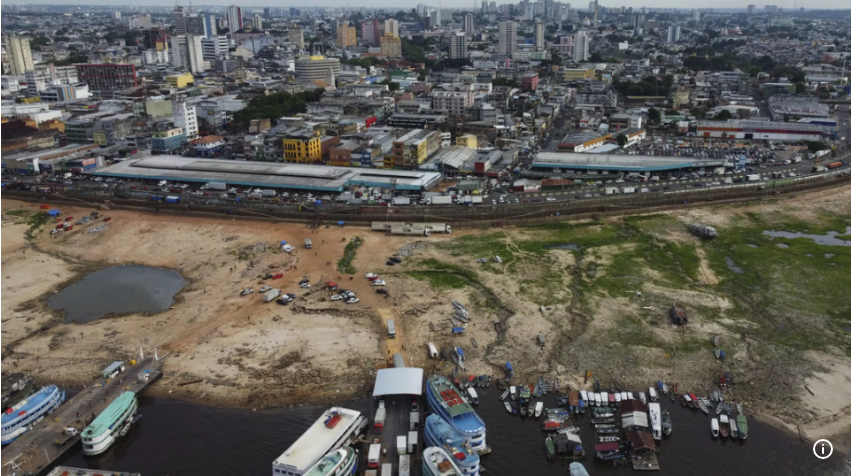Latest
Work Begins on France’s Seine-Nord Europe Canal, A Key Future Trade Route

Construction has officially started on the Seine-Nord Europe Canal (SNEC), a major European infrastructure project that is expected to transform river trade across France, Belgium, and the Netherlands. Set for completion in 2030, the 107-kilometer canal will dramatically increase the capacity for cheaper, faster, and more environmentally friendly river transport between these nations.
Currently, trade between France, Belgium, and the Netherlands faces challenges due to the limited capacity of the older Canal du Nord. The outdated system struggles to handle the new generation of larger cargo ships, causing shipping delays and congestion that cost European businesses both time and money.
While the SNEC project was approved in 2003, political disagreements over funding and the canal’s final route delayed construction for nearly two decades. Now, with work underway, the canal is seen as a vital investment in Europe’s trading future.
A €5.1 Billion Investment in the Economy and Environment
The SNEC represents a €5.1 billion investment by the French government, local authorities, and the European Union. Once completed, it is expected to relieve traffic on French roads by removing up to one million heavy goods vehicles annually. The canal will also reduce pollution by offering a more eco-friendly alternative to road transport.
The project is vast in scale, requiring the construction of 60 bridges, three canal bridges, seven locks, and the planting of 700 hectares of environmental plantations. The 54-meter-wide canal will be part of the Seine-Escaut waterway, creating Europe’s first river network capable of accommodating large cargo ships.
Nicolas Ledoux, CEO of Arcadis France, which is leading the project, emphasized the canal’s importance in supporting Europe’s shift towards greener transport options. “The Seine-Nord Europe Canal will not only enable a modal shift from roadways to the river, but also create added economic, logistical, agricultural, and climatic value for the regions it crosses,” Ledoux said.
Boosting Local Economies and Creating Green Jobs
The SNEC is expected to not only benefit the national economies of France, Belgium, and the Netherlands, but also stimulate growth in local economies along its route. In addition to enhancing trade, the project will create green jobs, particularly in the construction of wildlife corridors and environmental plantations.
The canal will pass through protected areas, requiring careful planning to preserve the natural habitats of various species. Environmental measures such as these underscore the SNEC’s broader goal of supporting sustainable economic development while addressing the challenges of climate change and energy transition.
Latest
Flash Floods Devastate Thai Elephant Sanctuary, Killing Two Elephants and Forcing Evacuations
Latest
Severe Drought Causes Record Low Water Levels in Brazil’s Negro River
Latest
Oxford Scientists Develop First Ovarian Cancer Vaccine in Groundbreaking Research
-

 Business1 year ago
Business1 year agoSaudi Arabia’s Model for Sustainable Aviation Practices
-

 Business1 year ago
Business1 year agoRecent Developments in Small Business Taxes
-

 Politics1 year ago
Politics1 year agoWho was Ebrahim Raisi and his status in Iranian Politics?
-

 Business11 months ago
Business11 months agoCarrectly: Revolutionizing Car Care in Chicago
-

 Business11 months ago
Business11 months agoSaudi Arabia: Foreign Direct Investment Rises by 5.6% in Q1
-

 Technology1 year ago
Technology1 year agoComparing Apple Vision Pro and Meta Quest 3
-

 Politics1 year ago
Politics1 year agoIndonesia and Malaysia Call for Israel’s Compliance with ICJ Ruling on Gaza Offensive
-

 Sports10 months ago
Sports10 months agoKeely Hodgkinson Wins Britain’s First Athletics Gold at Paris Olympics in 800m



















